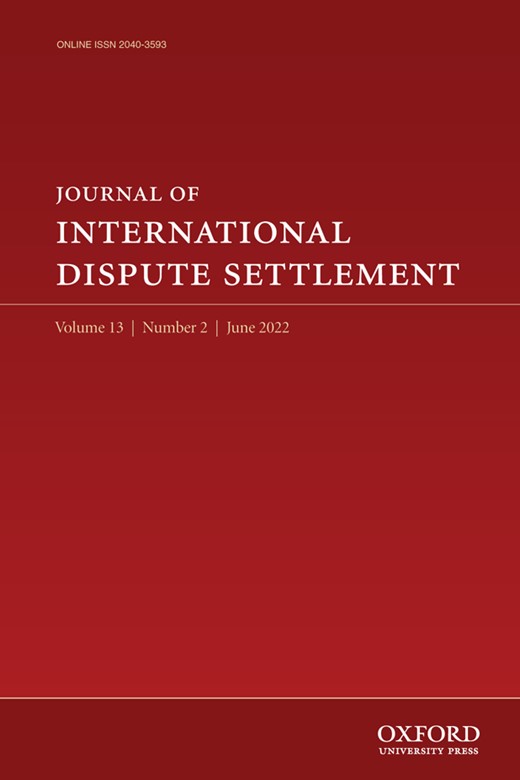-
Views
-
Cite
Cite
Ladan Mehranvar, Lise Johnson, Missing Masters: Causes, Consequences and Corrections for States’ Disengagement from the Investment Treaty System, Journal of International Dispute Settlement, Volume 13, Issue 2, June 2022, Pages 264–308, https://doi.org/10.1093/jnlids/idac008
Close - Share Icon Share
Abstract
Proponents of the international investment law system have treated the concept of depoliticization as a key justification of the investor–state arbitration mechanism. However, this rationale has been increasingly questioned. The system is itself a reflection of the asymmetrical power relations that exist among various actors. We examine data on states’ exercise of their interpretive powers through unilateral interpretations, as a potential means of shifting power away from capital, and identify the factors that may make such engagement more or less likely. What emerges is the asymmetrical patterns of engagement and influence in shaping the law, tilting the balance not just away from states generally, but from Global South states in particular. We propose various reforms that seek to recognize and address the enduring role of politics in the system, produce more just outcomes, and be more inclusive of all state parties in the development of international investment law.



